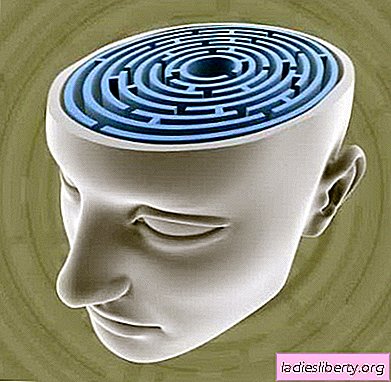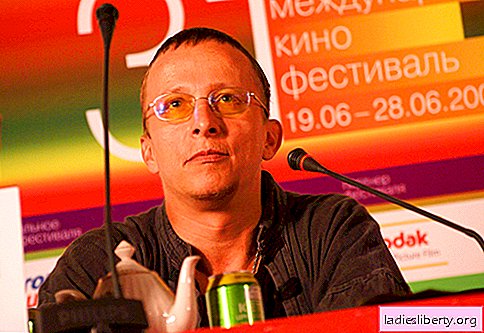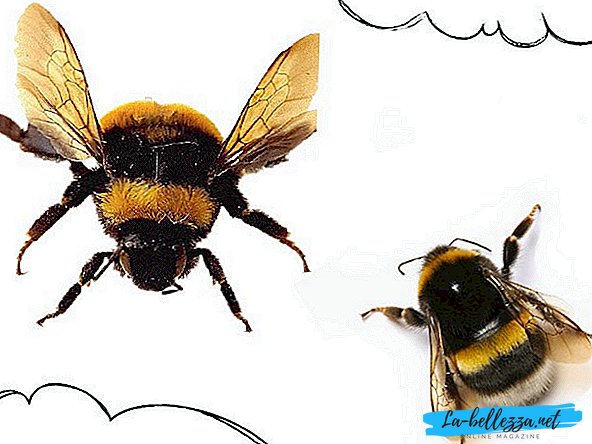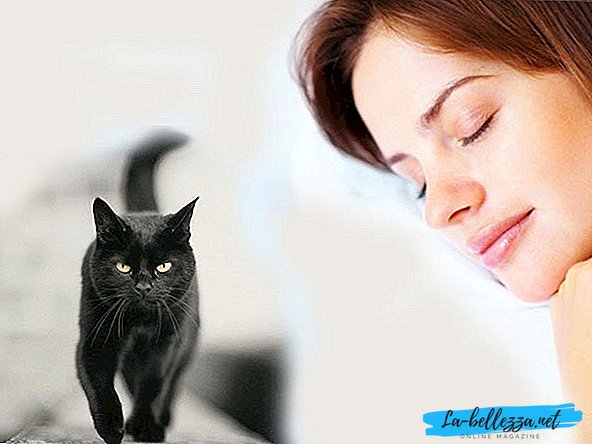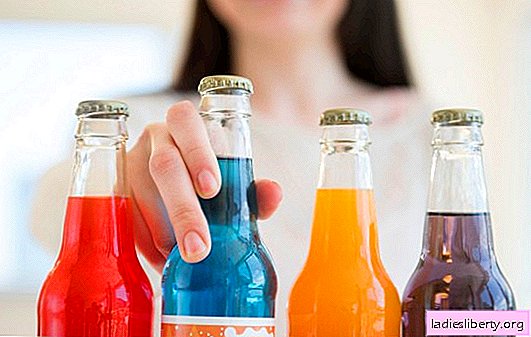
Attention deficit hyperactivity disorder (abbreviation: ADHD) is a problem of many parents and children, which is often exacerbated by the use of New Year's drinks.
Sweeteners, caffeine, and sucrose are chemicals that can interfere with a baby’s attention. What drinks should a child completely refuse?
Do sweet drinks increase children's carelessness and hyperactivity?
Research from the last century has confirmed the concept that increased sugar intake can play a role in the development of ADHD. The main conclusion of scientists: "children taking a large amount of sucrose, show a strong hyperactivity."
In another study, children with "sugar sensitivity" were evaluated by their parents for "hyperactivity power".
Parents unanimously agreed that sucrose enhances children's inattention and impulsivity.
However, a scientific review of clinical trials conducted 15 years ago concluded that sugar is not the main cause of ADHD. It turned out that a single use of a large dose of sucrose does not affect the attention of children. However, the researchers came to other conclusions: "Long-term high-dose sugar intake is a risk factor for ADHD."
Sugar dramatically increases the concentration of dopamine, which is deficient in children with ADHD. If so, then children with ADHD may consume more sugar than others, in an attempt to correct dopamine deficiency. A potential causal relationship between sucrose and ADHD could be missed in previous studies.
The sweetest New Year drinks are apple mulled wine, punch, non-alcoholic mojito and a milkshake. 1-2 cups will not harm if the child does not abuse sugar normally.
If the baby has a sugar addiction, you should limit it to sweet.
Non-alcoholic champagne with sweeteners
Research sponsors, scientists and clinicians have been studying the relationship between sweeteners and ADHD for about 40 years. Aspartame and sodium cyclamate are sweeteners that interrupt children's attention in the short term.
In a study, Korean scientists found that "administering a high dose of aspartame enhances the symptoms of ADHD."
A potential cause is a decrease in the sensitivity of dopamine receptors that regulate the baby’s attention.
Coca-Cola without sugar, sprite, non-alcoholic champagne, tarragon - drinks rich in sweeteners.
Caffeinated drinks - is it possible or not?
Over the past 30 years, caffeine consumption among children has increased by 70%. The main reason is the development of energy drinks containing "pure" caffeine. The average concentration of a psychotropic substance starts from 45 mg per 100 ml. Energy drinks are rich not only in caffeine, but also in high doses of sugar.
Since 2005, sales of energy drinks have grown by more than 50%. Caffeine use in children and adolescents is a concern for several reasons.
Few studies have examined the physiological and psychological effects of caffeine in childhood. Although adult data suggest that caffeine is relatively safe, children should not be regarded as just "small adults."
Childhood and adolescence is a period of rapid growth and the final stage of brain development. To maximize growth and development, proper sleep and nutrition are needed.
The use of caffeine disrupts the structure of sleep, increases the risk of overweight and dental caries. Animal studies show that caffeine can increase impulsiveness and anxiety in children.
Adolescents are especially vulnerable to these consequences, as their brain is still in the process of development. Studies have shown that caffeine disrupts brain regions involved in impulsive control and planning.
Cola, orange and coffee shakes, milkshakes with coffee sprinkles, and even cocoa or tea are sources of caffeine.
High doses not only disrupt children's attention, but also cause panic attacks.
To preserve the health of children and the mood of parents, it is recommended to abandon the above products.



